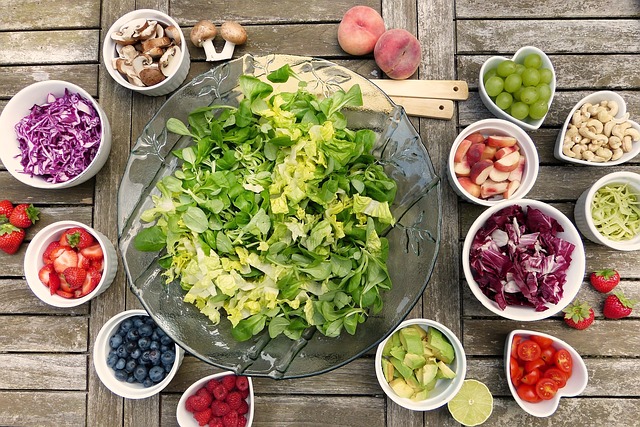The Eighth Month

The eighth month is an exciting time indeed, as the baby is fully formed by now. Around this month, due to the increased weight, the expectant mother start feeling rather tired. It is important to calm down and get all the rest you can get. It is also a good idea to join antenatal classes.
Towards the end of this month, the mother’s weight gain may slow down, though the baby is growing rapidly.
Changes in the Mother
- The frequency to pass urine increases. It is very common to leak a little urine when one coughs or sneezes.
- She may face breathlessness
- The sleep may be disturbed and that may make the mother irritable.
- There might be a change in the shape of the navel. For some it pops out while in others it flattens.
- There might be discomfort in the pelvic area as the joints are expanding in preparation for birth.
- The dark line running down the stomach may become more prominent.
- The base of the ribcage may be sore as the womb presses upwards.
- The mother may feel more of Braxton-Hicks Contractions that can feel like strong bands tightening across your uterus, making the uterus feel hard.
- You may also start experiencing stronger baby kicks
- You may experience night awakening as you may experience REM sleep – a sleep state in which you dream more and awaken more easily. Also, your enlarging uterus makes it difficult to sleep.
Features of the Baby
- Length 16 inch
- Weight 1.6 kg
- The baby looks almost as it will at birth and only needs to gain more weight and fat.
- The head is proportionate to the body now
- As there is less space in the womb, the normally turns into a head down position in preparation for birth.
- The baby can differentiate between light and dark
Suggestions
- If you leak urine while coughing, sneezing etc, you will need to strengthen your pelvis. Pelvic floor exercises are very useful and you can ask your doctor or midwife to help you practice it regularly
- Start attending antenatal classes if you haven’t as yet.
- Put your feet up for an hour or two during the course of the day
- If you are having sleeping difficulties, take the help of breathing and relaxation techniques.
- Get a blood test done to check for anemia or negative blood group problems.
- Buy basic essentials for the baby, which may include
- A carry cot
- A blanket
- Bedding
- Car seat
- Bath tub
- Towels
- Nappies
- Bottle feeding equipments
- Vests
- Cardigans
- Jumpsuits
- Night suits
- Socks
- Hat
Don’t over think or stress too much and try to be as relaxed as possible. Catch up on sleep as and when possible as this would become a scarce commodity once the baby comes home.
To read more on Pregnancy, click on the link below,




